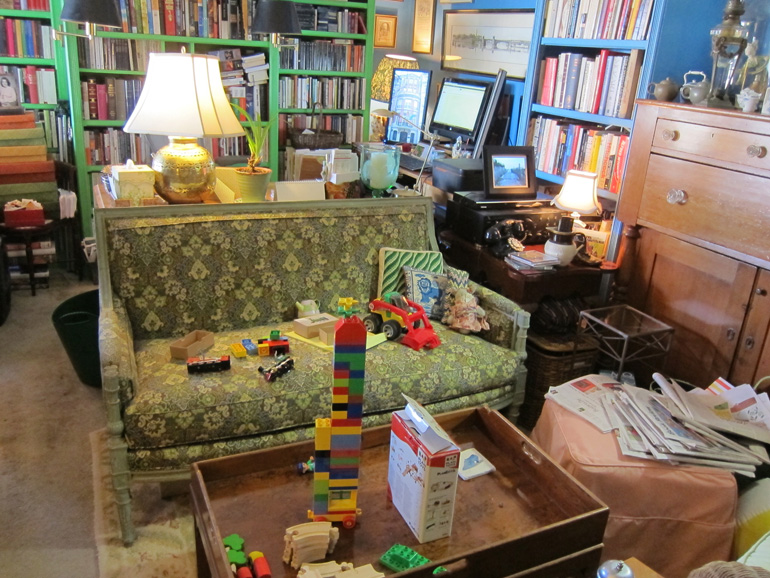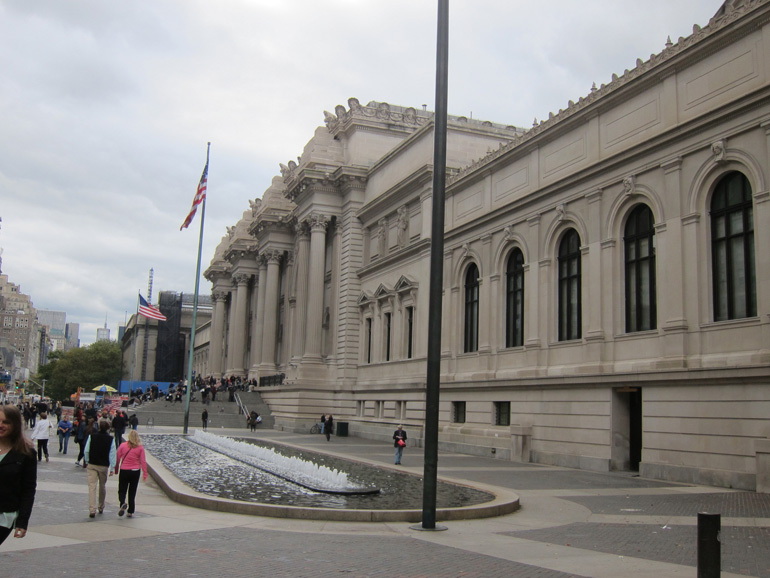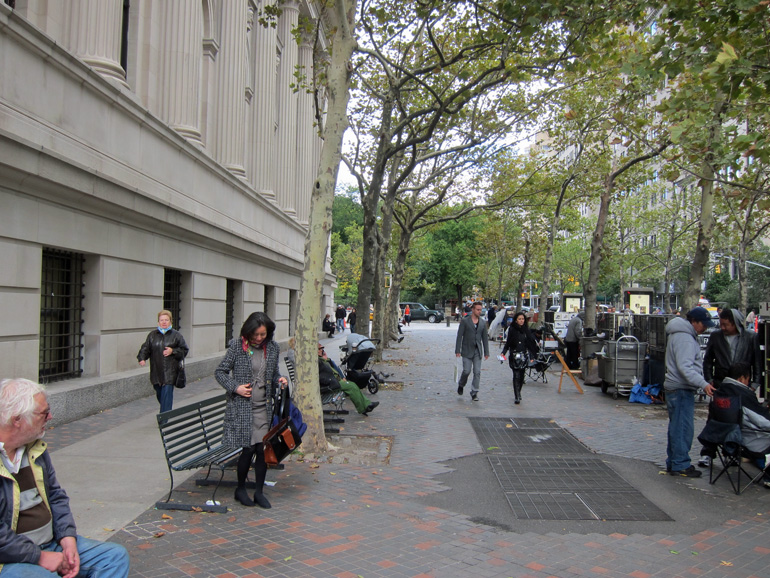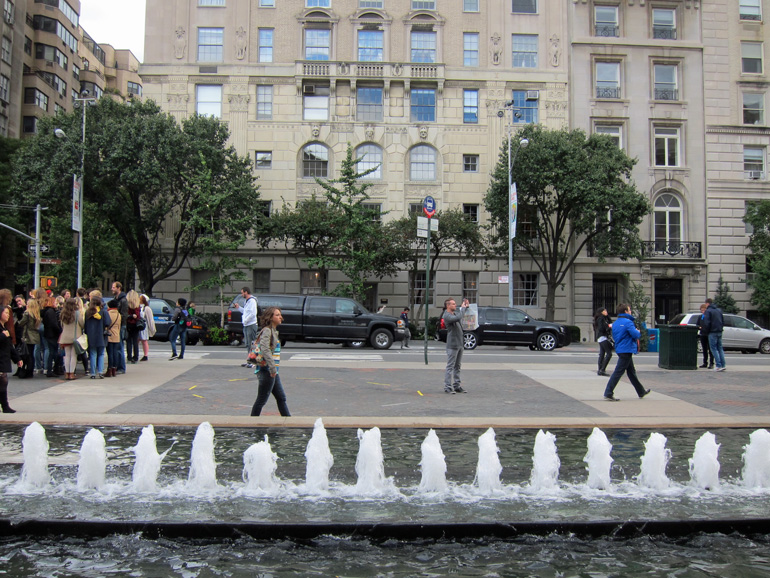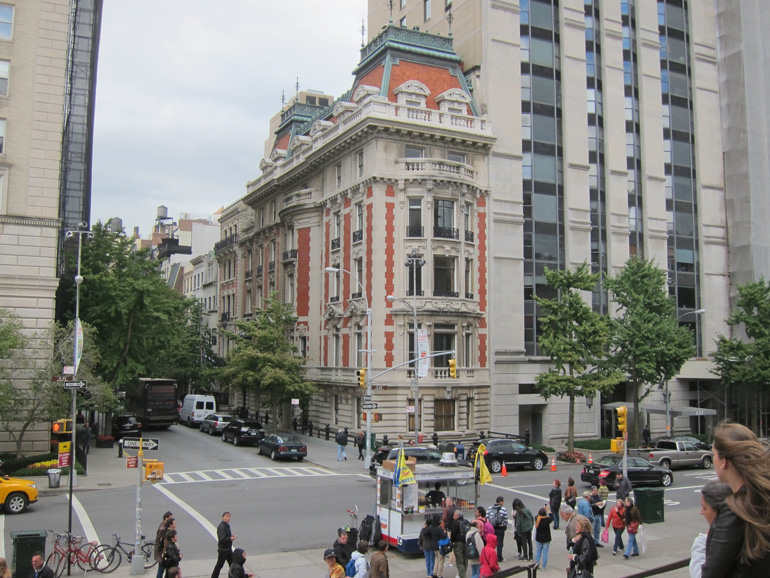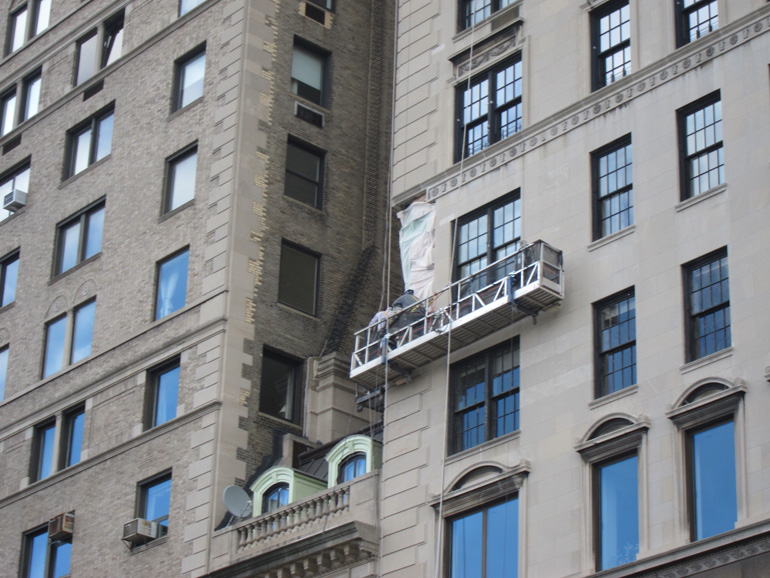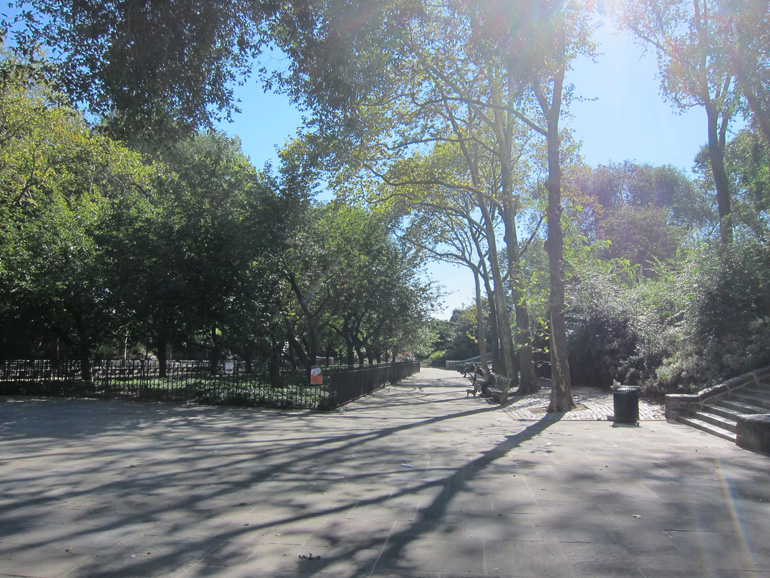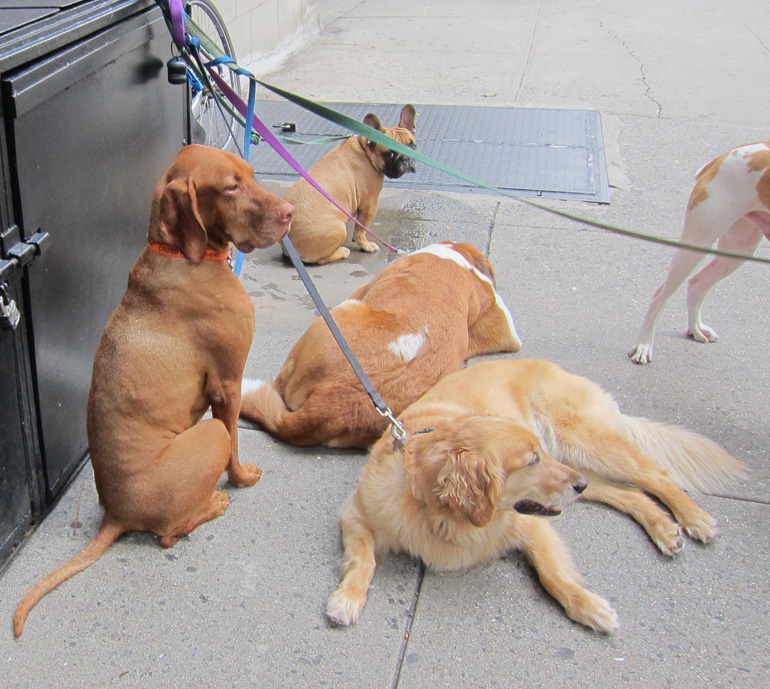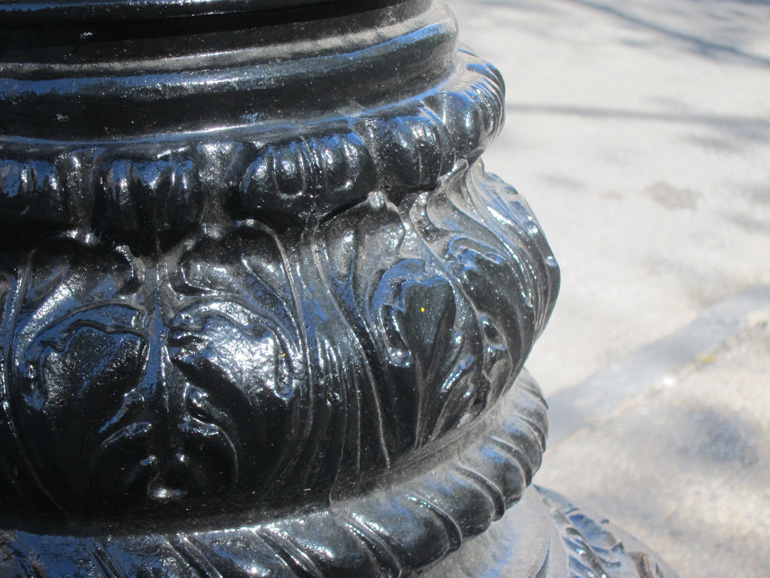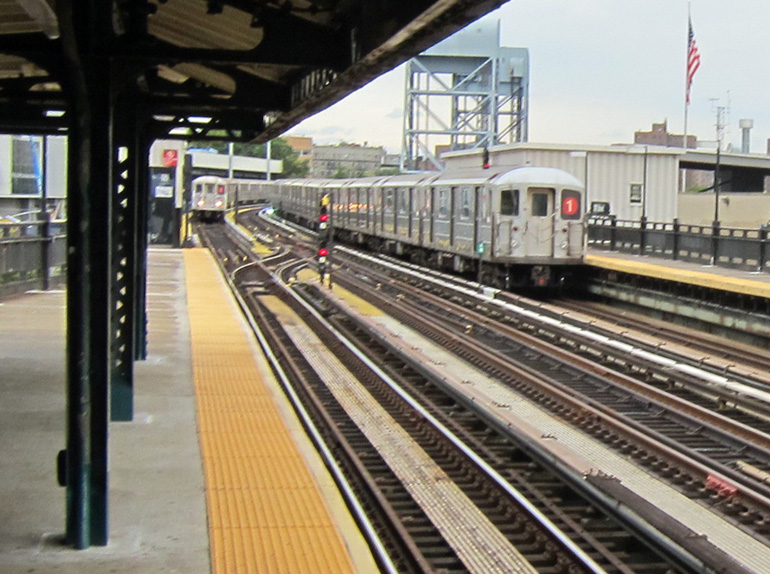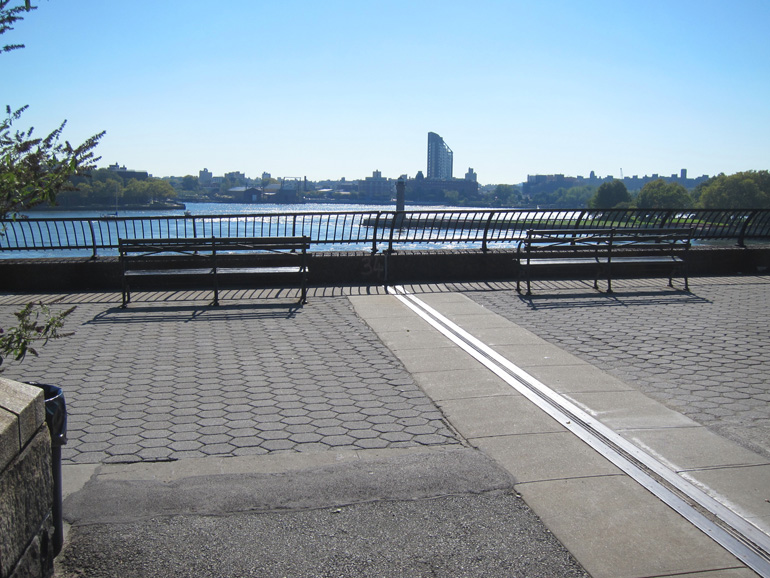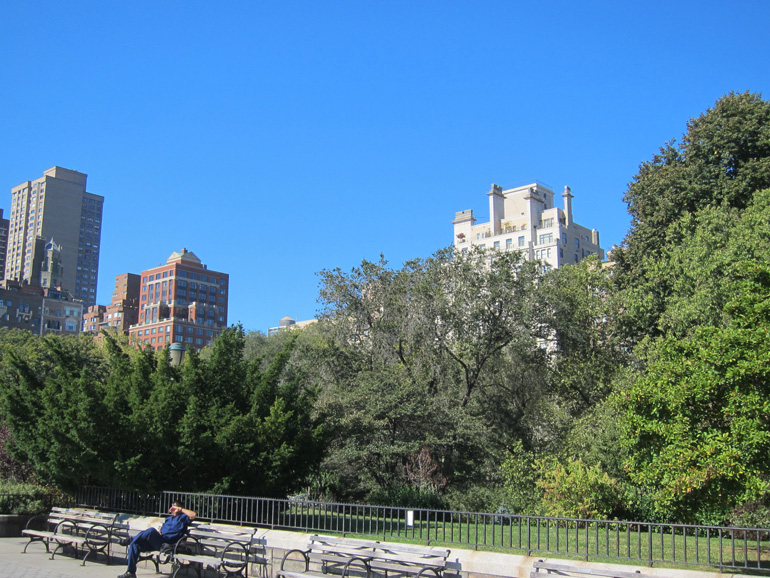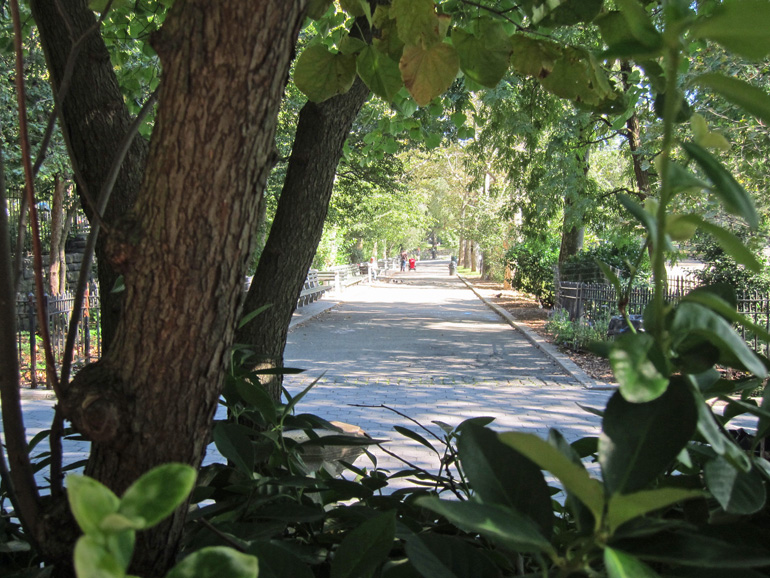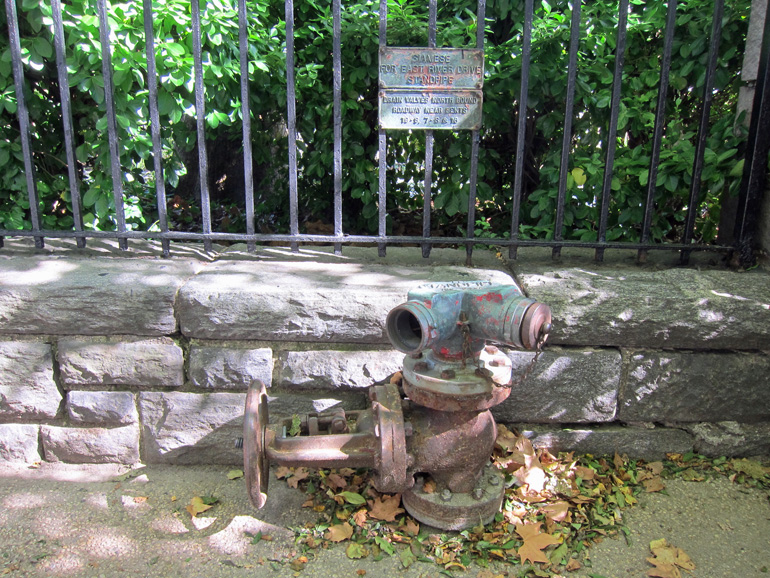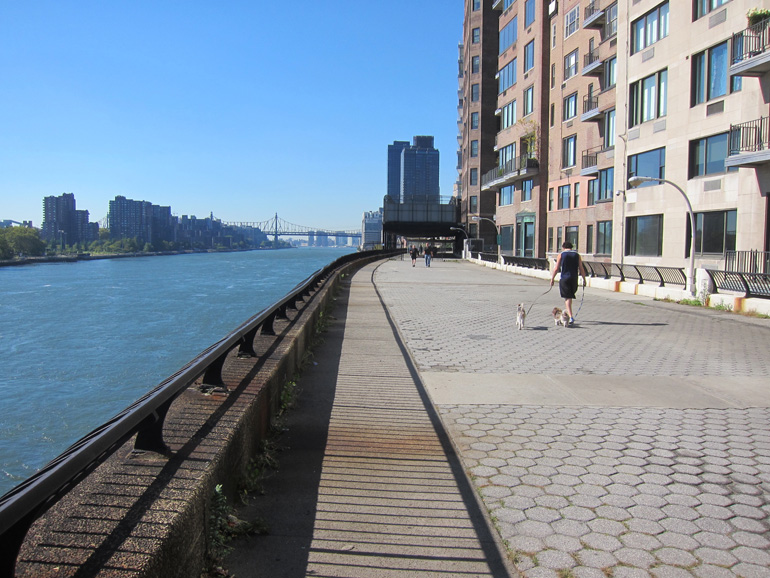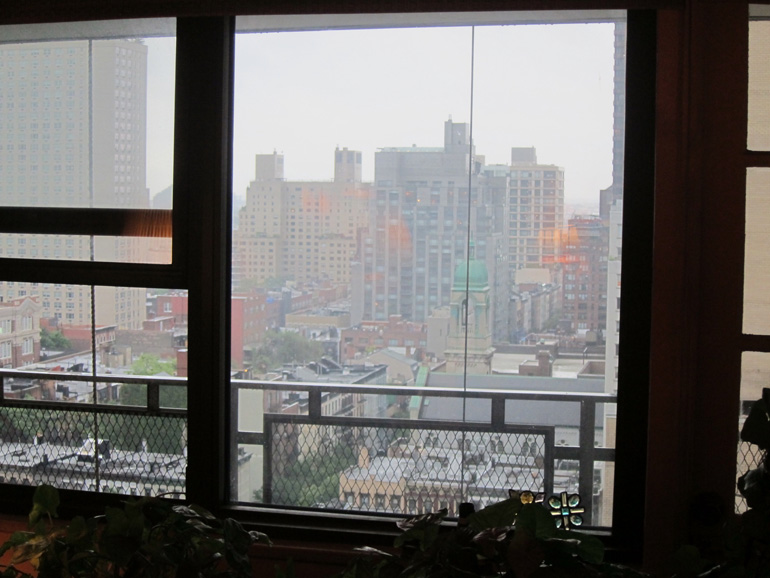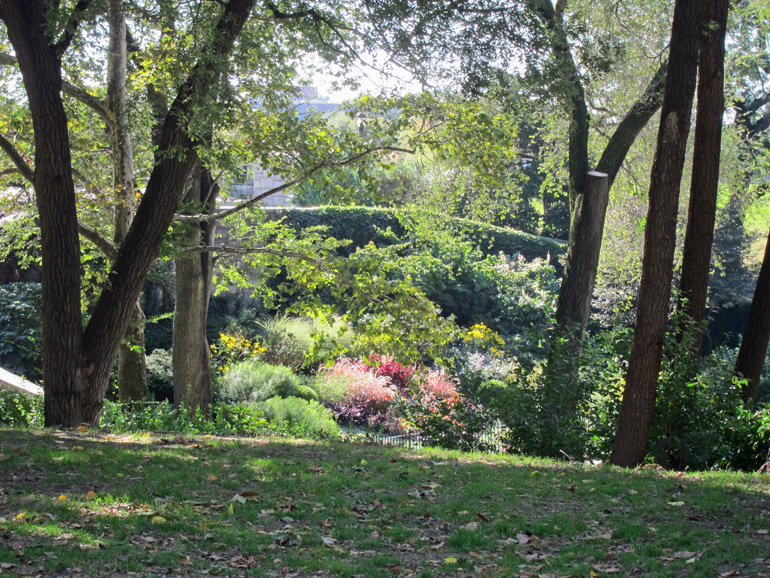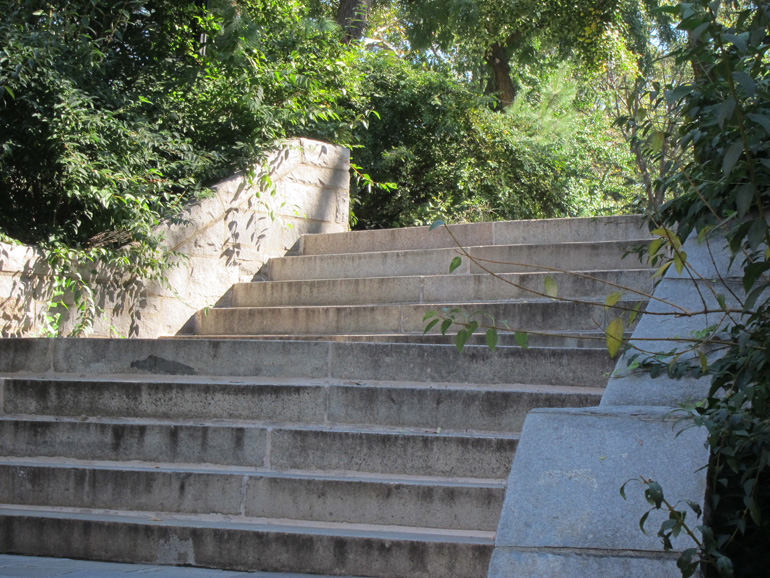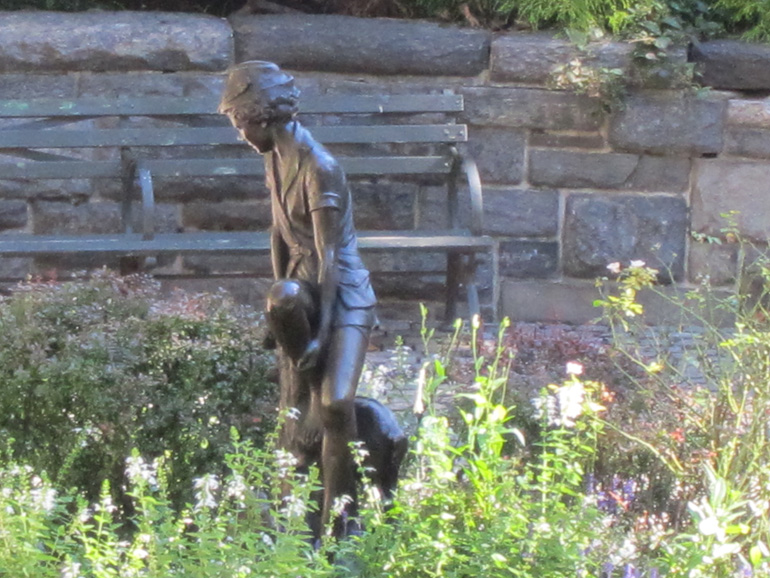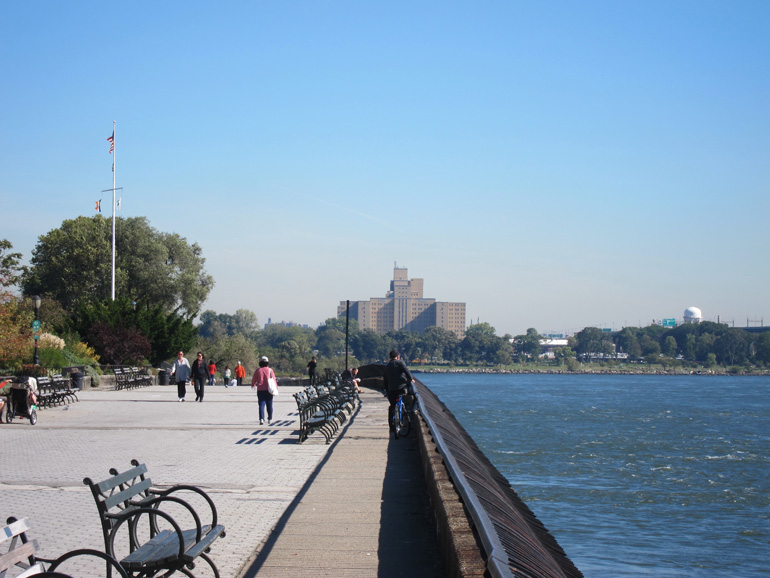
Sluggish in yesterday’s rainy weather, I slouched in a chair with two books that I hoped might restart my drudge-addled brain. The first was Pankaj Mishra’s book about three anti-imperialist Asian thinkers of the Nineteenth Century, In the Ruins of Empire. I have always liked Mishra’s reports in The New York Review of Books, and his book is as well-written as one would expect, but I am waiting to encounter something I don’t know. That’s fatuous; there’s lots that I don’t know. But I’m waiting for a genuinely counter-Western viewpoint to develop. In the meantime, I’m meditating on the emergence, in a remote, weatherbeaten peninsula (Europe) of the organizational acumen that made industry and empire possible. And I’m wondering just how prosperous Asia was, before the red-faced barbarians arrived.
Then I turned to Bad Blood, Colm TóibÃn’s first book, or his first book of nonfiction, anyway. This was much more congenial, possibly because it traces the backside of empire, as it were, in the form of a walk along the border between Northern Island and the Republic, and intellectual rhetoric does not figure at all. TóibÃn blends understated references to the friction between the two nations (not so much North and South as Protestant and Catholic) with gruff travelogue. He writes about himself with an astutely-measured level of detail that is revealing without being self-absorbed. About thirty at the time of the journey, TóibÃn was young enough to withstand the hardships that he was old enough to spare himself from time to time. Thus he makes the pilgrimage to Lough Derg’s Station Island, submitting to its rigorous round of pentitential self-denials, even though he is not a believer, only to skip the last step because, well, enough is enough.
They dropped me in the real world, in front of the Railway Hotel in Enniskillen. It was a Sunday morning, almost midday. I bought the newspapers and sat myself down in the Railway Hotel with a pint of Lucozade, soft drinks being permitted on the last day of the pilgrimage, but nothing else until midnight except black tea and dry toast. The Lough Derg spell was broken, however, and the age-old system of self-mortification meant nothing now. I didn’t feel even slightly guilty as I sat among the Sunday drinkers and ordered chicken sandwiches. I devoured them when they came and when I had finished them I ordered more. After a while, I asked for the lunch menu and got through an enormous lunch in the dining room: soup, roast beef, mashed potatoes, chips, carrots, cauliflower, fresh fruit salad and coffee. The pilgrimage was over.
TóibÃn is as stoic as the son of any respectable Irish family would be, but he is not ashamed to tell us that he comes to feel very sorry for himself tramping through deluges of rain on the way to Clones, a once-prosperous railway junction that has been put to sleep by the partition. He seems to want to see how far he can go in pursuit of the unmediated chthonic power of dumb rural Ireland, and he seems to know that he will not get much more than wet clothes, sore feet, and the more-than-occasional encounter with armed officers and angry partisans. (That he will get a book out of it is almost unmentionable.) At the same time that he is taking an arduous hike, he is also flirting with disaster. Colm TóibÃn has long shown himself to be expert at amusing himself with and in difficulties.
TóibÃn writes of a land in which zealots have exercised a baleful control on civil life, and he is tacitly aware that zealotry is what it takes to survive the inhuman hardships of the native Irish experience of English dominion, which lingers on in the North because so many radical Protestants were transplanted there from the island across the Irish Sea (mostly from Scotland) in the troubled times of the early Seventeenth Century. What had been bad enough got much worse. By the Twentieth Century, it was hard to say what “Irish” might really mean. Was Oscar Wilde Irish? Certainly not in the way that James Joyce was. But Wilde and Shaw and Beckett looked Irish enough in London. In Bad Blood, TóibÃn reports being shocked to see that some people from Omagh (a town in the North) have signed a guest book identifying themselves as “British.” That’s what the partition of the island has done: Protestant Northerners see themselves as Irish no longer.
When Bad Blood came out, in the mid-Eighties, I wouldn’t have touched it. I had a “rule” about Ireland and Israel: for literary purposes, they did not exist. I have held on to the rule as regards Israel, but it was TóibÃn who changed my mind about Ireland. And he did so very craftily, with a wonderful novelization of the life of Henry James. I still can’t do justice to The Master, to TóibÃn’s successful appropriation of the sensibility of a writer whose style he does not begin to attempt to emulate, capturing him not in the Master’s own densely-woven prose but instead in the persistent hesitancy that inspired it. James could never make up his mind to do anyting, so he devoted his art to writing about that, and to making it riveting. Almost all of his books (there are a few comic exceptions) creak with gothic anxiety — what was that? Who made that noise? The ghosts of bedtime stories, however, are replaced by self-interested, occasionally malevolent characters who are very much alive. What is the second half of The Golden Bowl but a prolonged dual haunting, with each of the women, Maggie and Charlotte, a noxious phantom in the other’s life? Neither can be quite certain of the other, and this uncertainty is what TóibÃn lodged in his own novel.
Having loved one book by Colm TóibÃn, I had to read another, and so it has gone until now, with only two titles remaining, one of which I am halfway through. (The other is his next book, Homage to Barcelona.) Earlier this year (I think it was), I read The Heather Blazing, TóibÃn’s second novel, and immediately fell into the confusion of regarding it as his latest. I wished that I knew how to pronounce Gaelic, and thanked the Internet for help with “Fianna Fáil” and “Taoiseach.” I wish that Bad Blood came with a map, but I still have the Esso map of Ireland that I used to drive from Dublin to Limerick (my first time on the wrong side of the road, and I drive across a whole country!) in 1977. (The map is in very delicate shape, and it does not show Station Island.) Without ever having actually changed my mind about Ireland (beautiful, but something of a theme park), I have been an eager reader of whatever Colm TóibÃn has to say about it.
There has been another Irishman, too, who, like TóibÃn, has written a very fine (I think great) novel about New York: Joseph O’Neill. O’Neill, of course, is not just Irish. If anything, he makes the problem of deciding what “Irish” means exponentially more complicated than it already was. His mother belongs to a Syrian family living in southern Turkey, and he himself grew up primarily in The Hague, from which he went to university in England and then into the Temple, of all places. But his paternal grandfather, as he tells in his superb family memoir, Blood Dark Track, was imprisoned for belonging to the IRA. Where is home? For TóibÃn, it is Enniscorthy, a cathedral town in Wexford that often appears in his fiction.
Have they met, I wonder. They must have done. But it seems impossible, somehow.
***
Good grief! What I took to be the blister of an improperly healed incision turned out to be a squamous cell, ballooning from the back of my head. I’ll have it off in no time, but — lordy! Â

